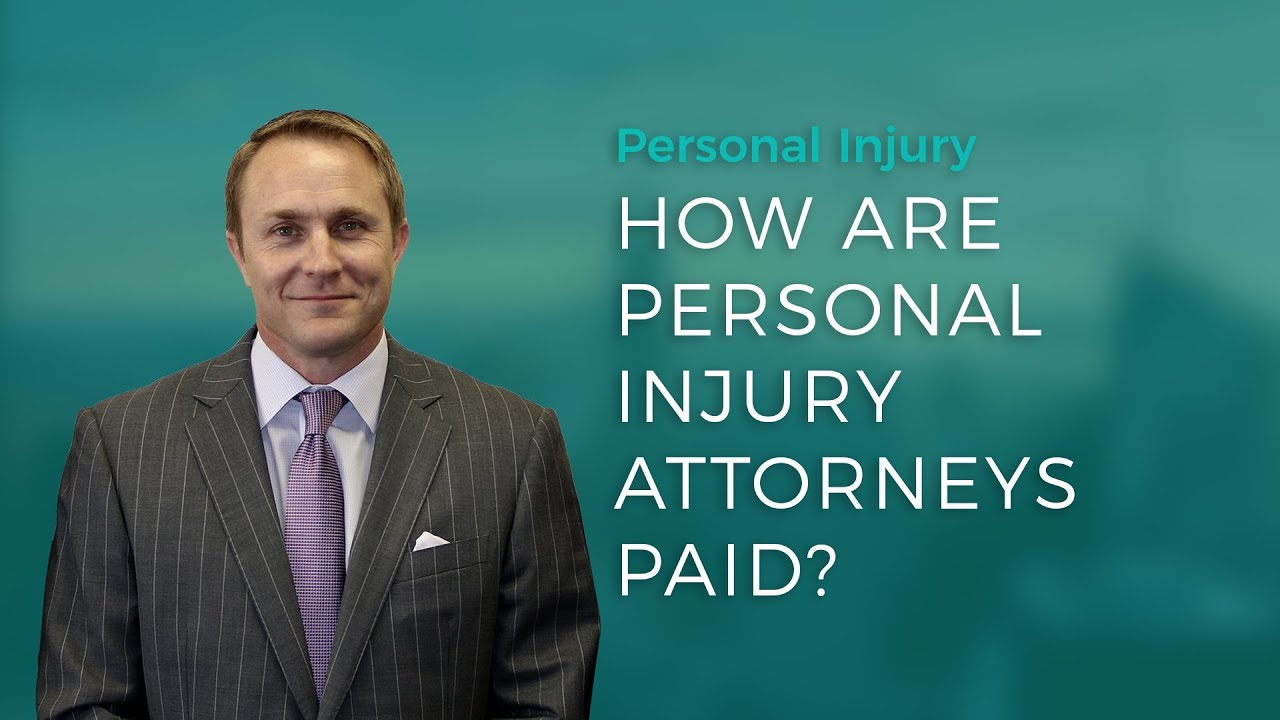
Contingency Fee Structure
Contingency fees are a type of payment arrangement in which a personal injury lawyer agrees to represent a client without charging any upfront fees. Instead, the lawyer receives a percentage of the client’s settlement or verdict if the case is successful.
This fee structure can be advantageous for clients who cannot afford to pay a traditional hourly rate for legal services. It also provides an incentive for lawyers to take on cases that they believe have a good chance of success, as they will only be paid if they win.
Calculating Contingency Fees
The percentage of the settlement or verdict that a lawyer receives as a contingency fee varies depending on the jurisdiction and the complexity of the case. However, the most common contingency fee is 33%. This means that if the client receives a settlement or verdict of $100,000, the lawyer would receive $33,000.
Advantages of Contingency Fees
There are several advantages to using a contingency fee structure. First, it allows clients to access legal services without having to pay any upfront fees. This can be a significant financial relief for people who have been injured and are facing medical bills and other expenses.
Second, contingency fees provide an incentive for lawyers to take on cases that they believe have a good chance of success. This is because the lawyer will only be paid if the client wins.
Third, contingency fees can help to level the playing field between plaintiffs and defendants. Without contingency fees, many people would not be able to afford to hire a lawyer to represent them in a personal injury case.
Disadvantages of Contingency Fees
There are also some disadvantages to using a contingency fee structure. First, the lawyer’s fee is based on the amount of the settlement or verdict, which can lead to a windfall for the lawyer if the client receives a large award.
Second, contingency fees can discourage lawyers from taking on cases that they believe have a low chance of success. This is because the lawyer will not be paid if the client loses.
Third, contingency fees can lead to disputes between lawyers and clients over the amount of the fee. This is because the lawyer’s fee is not set in advance, but is instead based on the outcome of the case.
Types of Personal Injury Cases
Contingency lawyers specialize in handling a wide range of personal injury cases, each with its unique legal issues and challenges. Understanding the different types of cases can help you determine if you have a valid claim and find the right lawyer to represent you.
Common types of personal injury cases handled by contingency lawyers include:
Car Accidents
- Rear-end collisions: Occur when one vehicle strikes another from behind, often due to distracted driving or following too closely.
- Head-on collisions: Involve two vehicles colliding directly, typically resulting in severe injuries or fatalities.
- Side-impact collisions: Also known as T-bone accidents, these occur when one vehicle strikes the side of another, often at intersections.
Slip and Fall Accidents
- Premises liability: Property owners are responsible for maintaining safe conditions for visitors, and can be held liable for injuries caused by hazardous conditions such as slippery floors or uneven surfaces.
- Negligence: Businesses or individuals may be negligent in failing to warn of potential hazards or take reasonable steps to prevent accidents.
Medical Malpractice
- Misdiagnosis or delayed diagnosis: Incorrect or untimely diagnoses can lead to serious health consequences or even death.
- Surgical errors: Mistakes during surgery can result in permanent injuries or disabilities.
- Medication errors: Prescribing or administering the wrong medication can have severe or fatal consequences.
Product Liability
- Defective products: Manufacturers can be held responsible for injuries caused by products with design or manufacturing defects.
- Failure to warn: Companies must provide adequate warnings about potential risks associated with their products.
Choosing a Contingency Lawyer

Selecting the right contingency lawyer is crucial to maximizing your chances of success in a personal injury case. Consider the following factors when making your decision:
- Experience and Qualifications: Look for a lawyer who specializes in personal injury law and has a proven track record of success.
- Reputation and References: Check online reviews and ask for referrals from friends or family who have had similar experiences.
- Communication and Responsiveness: Choose a lawyer who is easy to reach, communicates clearly, and keeps you informed about the progress of your case.
Tips for Finding a Qualified and Experienced Lawyer
- Attend a Free Consultation: Most contingency lawyers offer free consultations, which allow you to meet with them and discuss your case in detail.
- Research Online: Use websites like Avvo, FindLaw, and Google My Business to find lawyers in your area and read reviews from past clients.
- Ask for Referrals: Reach out to friends, family, or other professionals who have had experience with personal injury lawyers.
Importance of a Strong Attorney-Client Relationship
A strong attorney-client relationship is essential for a successful outcome in your case. Trust, open communication, and mutual respect are key ingredients. Find a lawyer who you feel comfortable working with and who understands your goals and objectives.
Preparing for Your Case

To prepare effectively for your personal injury case, you must gather essential documents and information, collaborate with medical experts, and follow these crucial steps:
Documentation and Information Gathering
Compile the following documents and information to support your case:
– Medical records: Documenting injuries, treatments, and prognosis
– Insurance policies: Identifying coverage and potential compensation
– Police reports: Providing details of the accident or incident
– Photographs: Capturing evidence of injuries and damages
– Witness statements: Gathering accounts from individuals who witnessed the event
– Pay stubs and tax returns: Demonstrating lost income and expenses
Settlement and Trial

Negotiating a settlement with an insurance company involves discussions between the injured party and the insurance adjuster. The adjuster will assess the claim and make an offer based on various factors, including the severity of the injuries, the extent of medical expenses, lost wages, and pain and suffering. The injured party can accept the offer, negotiate for a higher settlement, or reject it and proceed to trial.
Factors influencing settlement amounts include the strength of the case, the liability of the defendant, the extent of the injuries, and the insurance coverage available.
If a settlement cannot be reached, the case will proceed to trial. The trial process involves presenting evidence, examining witnesses, and arguing the case before a judge or jury. The outcome of the trial will determine the amount of damages awarded to the injured party.





